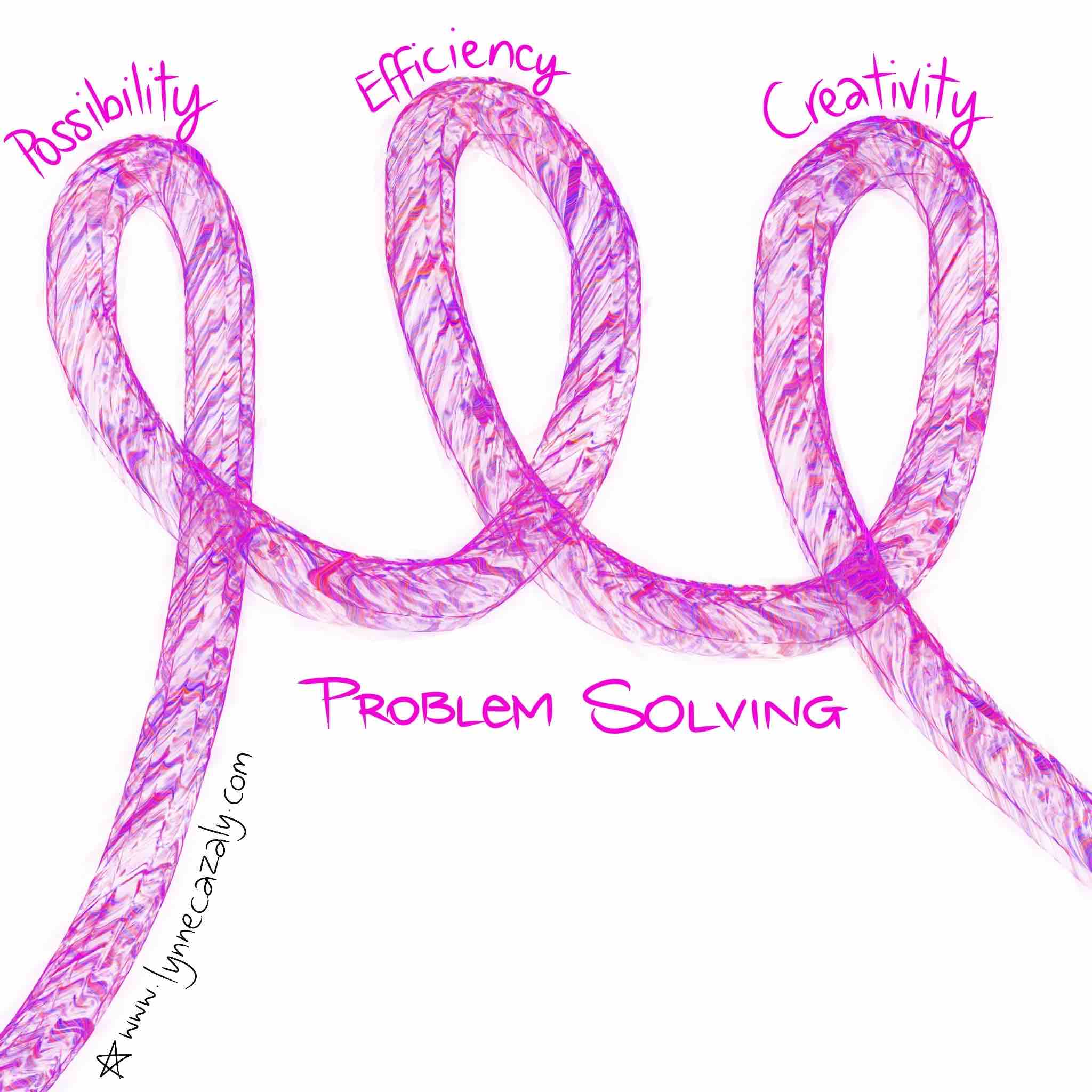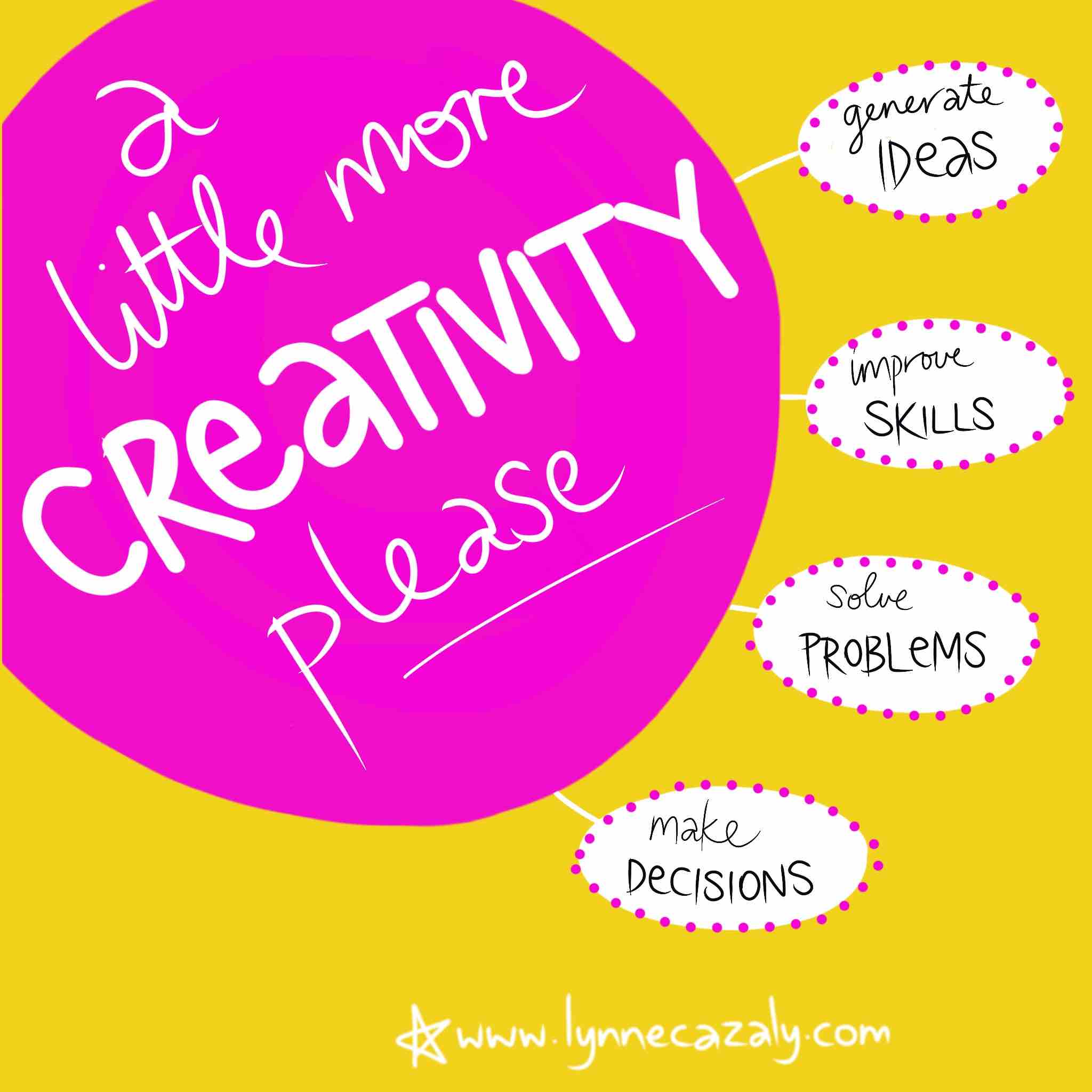Do you know how you solve problems
 Saturday, November 14, 2020 at 10:11AM
Saturday, November 14, 2020 at 10:11AM  It’s a curious question because we can often blaze ahead problem solving ... without being aware of our process for how we’re actually doing it.
It’s a curious question because we can often blaze ahead problem solving ... without being aware of our process for how we’re actually doing it.
Perhaps we’re on auto pilot, not conscious of what we’re doing or too busy in the details of the problem solving task to think about it.
We can’t get better at a critically important skill like problem solving if we’re not tuned in to it.
The World Economic Forum suggests problem solving is right up there in the skills we need for today and even more frequently in the future.
So how do you solve problems?
▫️Do you get all the information you can?
▫️Assess your options?
▫️Generate some alternatives?
▫️Try out some solutions?
▫️Experiment a little?
▫️Consult with respected peers?
▫️Try a Google search to see what others have done?
▫️Or phone a friend?
Each of these is part of a suite of problem solving tools and techniques.
As you work through solving your next problem, challenge or tricky situation, make a mental (or physical or digital) note of what you do... and how you do it.
There’s greater
▫️possibility,
▫️efficiency and
▫️creativity
on the other side of our awareness.



















